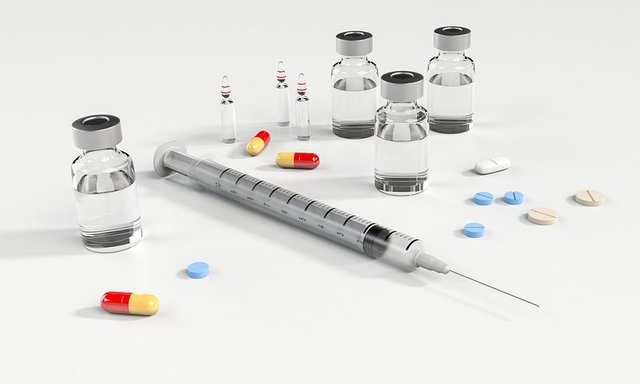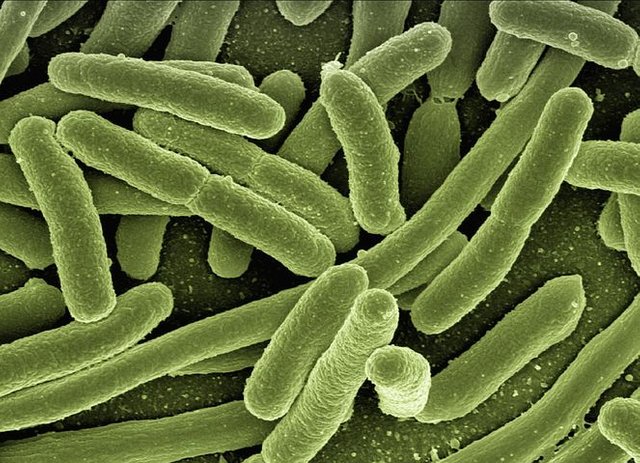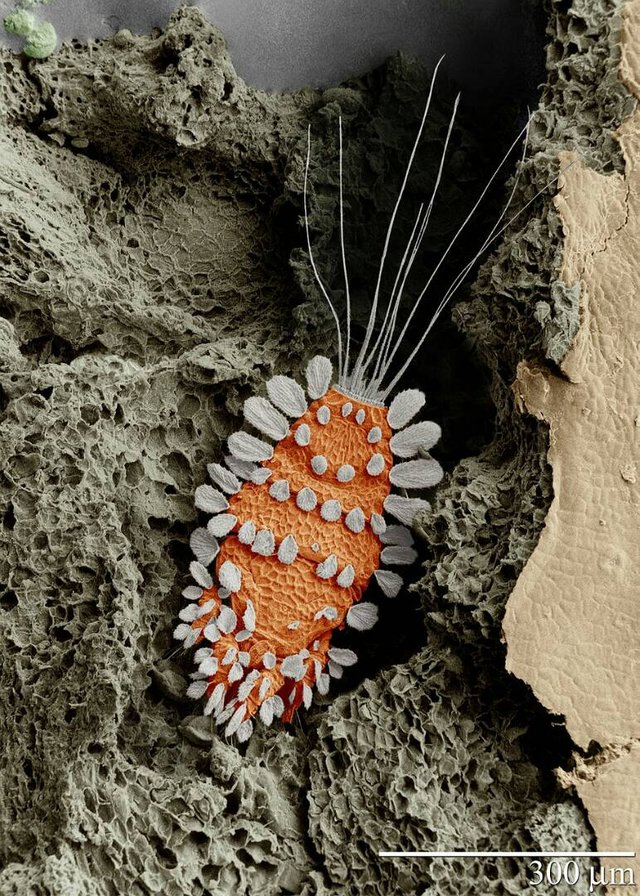Ever since it was determined that microorganisms were the primary cause of communicable diseases, scientists have looked for ways to eradicate them. According to history, in the early part of the twentieth century, scientist searched for a drug that would kill any organism that produced disease. Research, however, showed that disease-causing bacteria, viruses, protozoa, and other organisms were too diverse to be wiped out with a single chemical. Still, research efforts continued to find cures for individual diseases.

Image Source
Slowly, the significant scourges of humankind were conquered: polio, small pox, measles, tetanus, and diphtheria. These and other killers were brought under control by the creation of various antibiotics and vaccines.
According to Levine A, in Us News and World Report, p1, June 4, 1988. Starting in the 1950s, a massive campaign to immunize the world's population began, and the incidence of these diseases decreased sharply. During those days, a disease-free world seemed a real possibility. However, that has not occurred. We still have the spread of diseases today and many falling sick among us. Maybe scientists and other experts underestimated the ability of these microbes to survive and adapt.
Now we are continually facing the comeback of diseases we once thought were firmly control. Outbreak of measles, tuberculosis, and other "conquered" diseases are occurring with more frequency. To make matters worse, new disease-causing organisms that have the potential to kill on a grand scale are constantly being discovered. Why is this happening? I can't say. This article will however attempt to bring to light a basic approach to bring infectious disease transmission under control.
Staying healthy and avoiding infection according to the Standards for pediatric immunization practices, (2000) is largely a matter of common sense. For an infection to occur, a disease-causing agent must be present, there must be enough of the organisms to cause disease, the person mush be susceptible to the disease, and the organism must have an appropriate portal of entry. If one or more of these factors are eliminated, infection can be prevented.
What is Vaccination?
Medicinenet.com explains vaccination thus;
"Injection of a killed microbe in order to stimulate the immune system against the microbe, thereby preventing disease. Vaccinations, or immunizations, work by stimulating the immune system, the natural disease-fighting system of the body. The healthy immune system is able to recognize invading bacteria and viruses and produce substances (antibodies) to destroy or disable them."
Hence, one must check to make sure you and any children in your care have had all of your vaccinations, and be sure that all of your booster doses (such as tetanus vaccine) are current. Also, if you are in an at-risk group, you may want to take advantage of seasonal vaccines for diseases such as influenza.
OTHER USEFUL TIPS:
• Cut off potential routes of transmission; Avoid contacts with any substances that may harbor bacteria. These may include (but not limited to) soiled food plates, utensils, facial tissues and body fluids.
• Clean and cook your food properly
• Exercise and eat nutritious foods
• Practice safer sex
• Take all of your medicines
Studies shows that Human immunodeficiency virus (HIV) is the most highly publicized, but others are also problematic. Help prevent the transmission of such diseases.
FURTHER READING:
Lemonick MD: The killers all around: new viruses and drug-resistant bacteria are reversing human victories over infectious disease. Download text here
Thank you for reading...
I hope you find this article useful and informative.



Vaccination still remains one of the most effective ways to control infectious diseases.
Downvoting a post can decrease pending rewards and make it less visible. Common reasons:
Submit
Great write @desmonddesk
Downvoting a post can decrease pending rewards and make it less visible. Common reasons:
Submit
This is detailed. Vaccination really helps, no doubt about that.
Downvoting a post can decrease pending rewards and make it less visible. Common reasons:
Submit